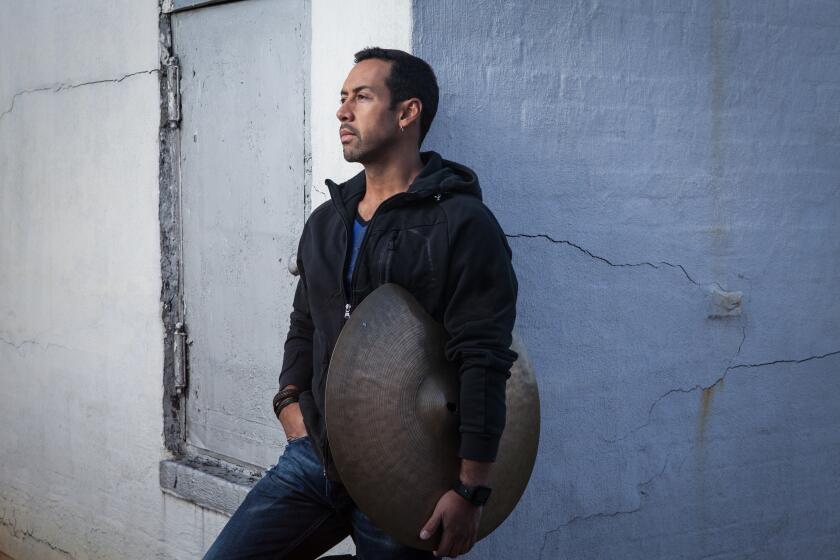Michael Moore’s looking for help
Michael Moore has never been one to shy away from politics. His Oscar-winner, “Fahrenheit 9/11,” came out in 2004, months before the election. In “Bowling for Columbine,” he took on the NRA, while he went after the insurance industry in “Sicko.” His latest film, “Where to Invade Next,” is no different, and is clearly timed to have an impact on the current election cycle.
“Where to Invade Next”
Rating: R
When: Opens Friday
Where: Limited release
Running time: 1 hour, 50 minutes
★★1/2
Some of it has impact, but it also seems as though Moore, who is now in his 60s and more of a Hefty Lefty than ever, perhaps doesn’t have the same sort of fire he once did. “Where to Invade Next” makes a lot of terrific, salient points, ones that all Americans, no matter their side of the aisle or political stripes, should consider, but on the whole, the statement doesn’t feel as intense as those he has made in the past.
The crux of it is this: At a time when there is no shortage of politicians proclaiming the United States to be the greatest country on earth, we also have no shortage of serious problems, the kind of problems other nations are handling with far greater success. Moore’s scheme, then, is to visit these other places, pillage them of their cultural ideas, and bring them back to America.
It all begins in Italy, where he discovers workers get a month of paid vacation each year, solid wages, mandatory paid parental leave and a host of other perks that often come at the expense of their employer’s bottom line, a fact that the employers Moore interviews seem to be perfectly happy about. From there, he visits France, where he learns about the nutritious meals made in each and every public school. He examines Norway’s prison system, which is based on rehabilitation, an idea one official says is actually based upon the American idea of no cruel and unusual punishment.
Moore then swings by Portugal, which has done away with its war on drugs, and Iceland, the first nation to elect a female president, and one that actually jailed the crooked bankers after their own financial calamity. He goes to Slovenia, which provides a free college education for all, including American expats studying there. Oh, and let’s not forget Finland, which has the best education system in the world, based on not assigning enormous amounts of homework and studying for standardized tests.
There are more invasions, but you get the broad strokes. These are progressive parts of the American social strata that have decayed over the years. Each new country Moore visits reminds you of one more aspect of American life that has fallen on hard times. In some ways, the movie makes you feel as though everyone else is having a party, and we’re too hung over to put in an appearance.
The problem is Moore’s delivery of the message, which is a bit glib and occasionally verging on smugness, the wrong tactic to take when you want people to listen to what you have to say. And really, that’s too bad, because even if you dislike what Moore stands for, he has a long history of bringing great issues into the public forum.
None of that is news, of course, and Moore’s handling of them is more heavy-handed than we’ve seen in the past, but in so many of these cases, he’s right. Our education system is broken, our university system is geared toward leaving graduates with crippling debt, and our prison system is now an industry. And too many Americans work too hard for not enough money while eating food that’s bad for them.
Are these problems insurmountable? Sometimes it certainly feels as if they are, but perhaps not. Other nations are tackling them successfully, so why can’t we?
Get U-T Arts & Culture on Thursdays
A San Diego insider’s look at what talented artists are bringing to the stage, screen, galleries and more.
You may occasionally receive promotional content from the San Diego Union-Tribune.






